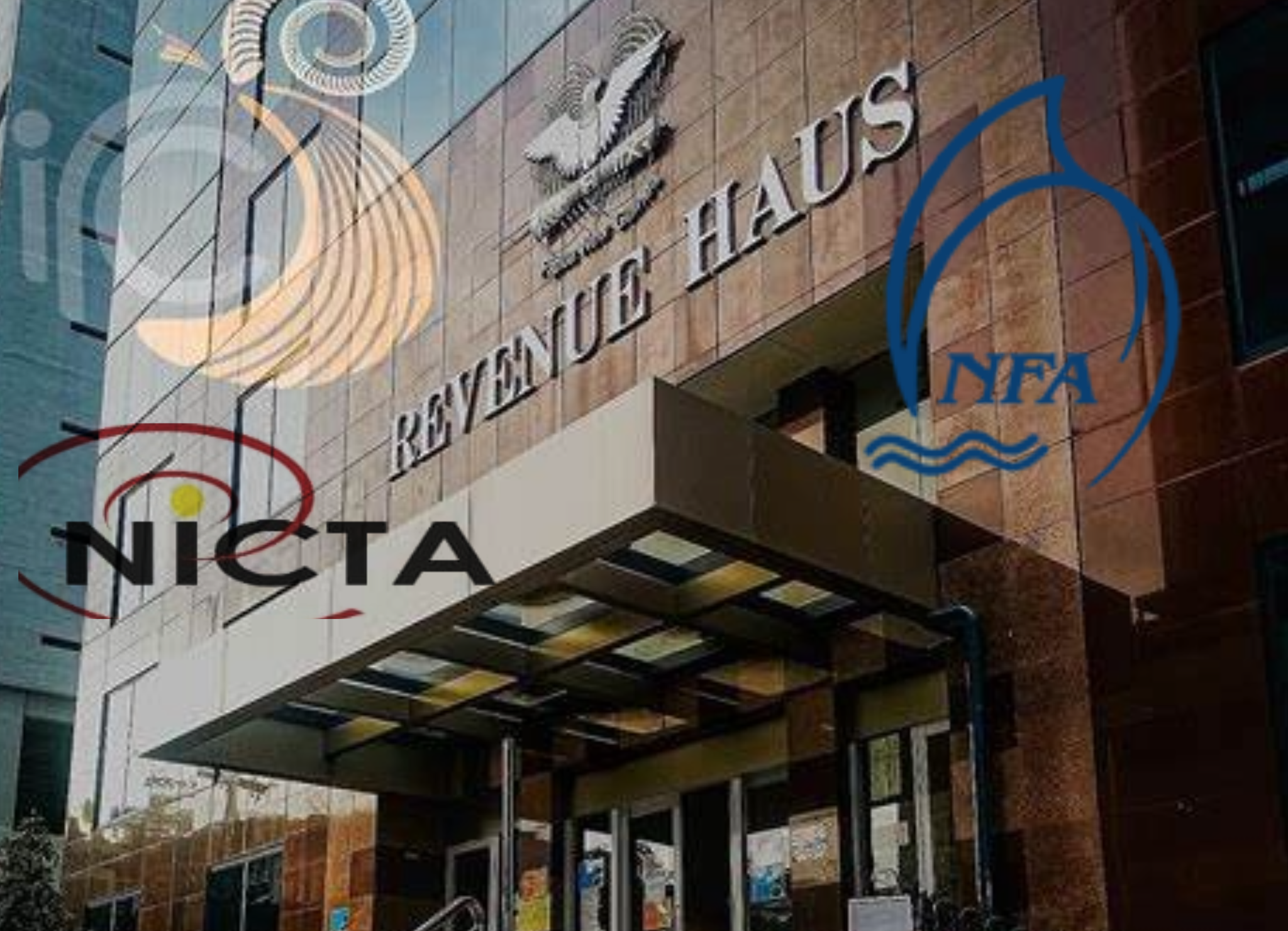NEWS
IRC SIGNS SIGNIFICANT MOU WITH NFA & NICTA
![]() By Emmanuel MAIPE |
September 24, 2024
By Emmanuel MAIPE |
September 24, 2024

Related News
LATEST NEWS






